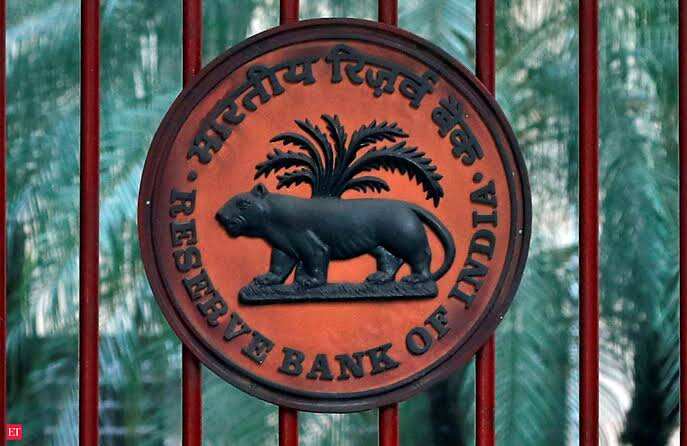With the second wave of Covid raging across the country, many are looking to buy a health cover or enhance the same. According to data from Policybazaar.com, 90 per cent of their customers who have an existing health cover of about ₹5 lakh are porting to a higher sum insured of ₹10-15 lakh. While you must make it a point to follow all Covid protocols to avoid getting infected, here’s how you can financially shield yourself against Covid if you unfortunately fall sick.
Date extended for Covid-plans
In addition to taking toll on your health, Covid-19 infection can dent your savings as well.
Keeping this in mind, the insurance regulator, IRDAI has recently extended the validity for sale and renewal of short-term Covid specific health insurance policies – Corona Kavach and Corona Rakshak – till September 30, 2021. This was previously available up to March 31, 2021.
The insurance regulator in July 2020 had mandated that all general and standalone health insurers offer Corona Kavach health policy.
This (Corona Kavach) is an indemnity policy which pays for the hospitalisation of the insured affected due to Covid-19, provided he/she is hospitalised for a minimum period of 24 hours. It also offers cashless facility to its policyholders, provided hospitalisation is from the insurer’s list of network hospitals.
Hospitalisation cover includes expenses such as room rent, boarding, nursing, ICU, ambulance service up to ₹2,000, medical practitioner and consultant fees, operation theatres, PPE kit, gloves, etc.
It covers for home care treatment expenses as well, up to the sum insured (SI) for a maximum period of 14 days. All general and standalone health insurers offer this policy.
There are complaints that some hospitals are not granting cashless facility for treatment of Covid-19 despite policyholders being entitled for the same. The insurance regulator has recently clarified that wherever insurers have an arrangement with the hospitals for providing cashless facility, such hospitals are obligated to provide cashless service for all treatments including treatment for Covid-19. In the event of denial, policyholders can file a complaint with the insurer concerned.
Another plan introduced by IRDAI, but not mandatory to be offered by all insurers, is Corona Rakshak. It is a benefit policy, where the insurer will pay 100 per cent SI upon positive diagnosis and the policy shall terminate thereafter.
As both are standard policies, the coverages and exclusions across insurers will be the same, including the policy name. Both policies can be availed for a period of 105 days (3.5 months), 195 days (6.5 months) and 285 days (9.5 months) and can be renewed to ensure the benefit of the policy continues.
The minimum SI under both policies is ₹50,000; the maximum SI offered under Corona Kavach is ₹5 lakh and for Corona Rakshak ₹2.5 lakh. The minimum and maximum age of entry is 18 and 65 years respectively, and only single premium payment mode is allowed under both policies.
Regular health policies cover hospitalisation due to Corona virus among other diseases/accidents. At the beginning of the outbreak of the pandemic, there were problems over providing cover for associated costs such as personal protection equipment (PPE) kits.
These expenses formed part of consumables which were not usually covered by most insurers. Those who did cover, applied ‘proportionate deduction’ clause based on the type of hospital room availed.
In June last year, to reduce the burden of the policyholders and to standardise the claim settlement, IRDAI, ordered that medical expenses including cost of pharmacy, consumables, implants, medical devices and diagnostics to be covered as part of health policies without being subject to the ‘proportionate deduction’ clause. Covid-related expenses in the above-mentioned heads such as PPE kits will reap the benefit of this move.
Further, if you have a health policy which covers for out-patient (OPD) medical expenses – known as comprehensive cover – you can reimburse your Covid-19 related home treatment medical expenses too, if you are under home quarantine.
Making the choice
Your financial burden is likely to be reduced whether you have Covid-19 specific health covers or a comprehensive health cover. However, if you plan to sign up for one now, do note that all new health insurance policies come with a waiting period of 15 days, only after which your cover will kick in.
Covid specific plans as well as regular health cover have certain exclusions. Any unproven treatment will not be covered.
Coverage under both policies cease if the insured travels (outside the country) to a destination where India restricts travel to or the foreign country restricts entry of travellers from India.
So, if you are looking to buy a plan to protect against Covid, you can skip Corona Kavach if you have a regular health plan covering OPD expenses. Corona Rakshak can be useful if your regular plan does not cover OPD or if you are looking for additional cover. Since Rakshak is a benefit policy, this can come in handy to cover expenses for tests, scans, medicines, etc. for those who are home quarantined.
(This is a free article from the BusinessLine premium Portfolio segment. For more such content, please subscribe to The Hindu BusinessLine online.)
 Another major aspect that investors will keenly watch is the impact of the
Another major aspect that investors will keenly watch is the impact of the